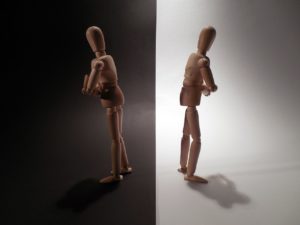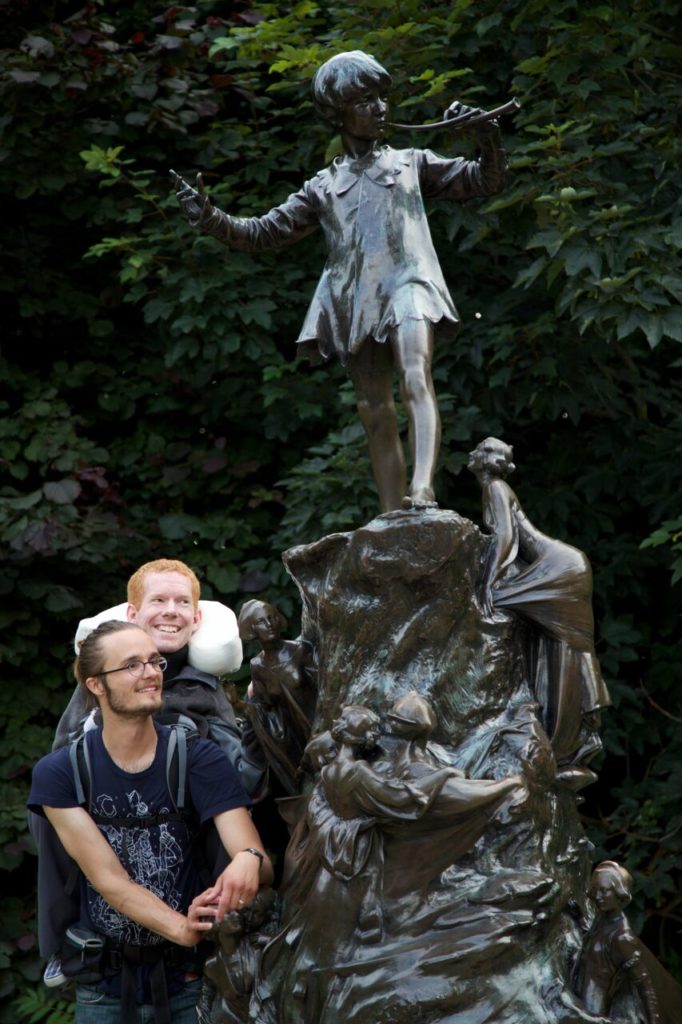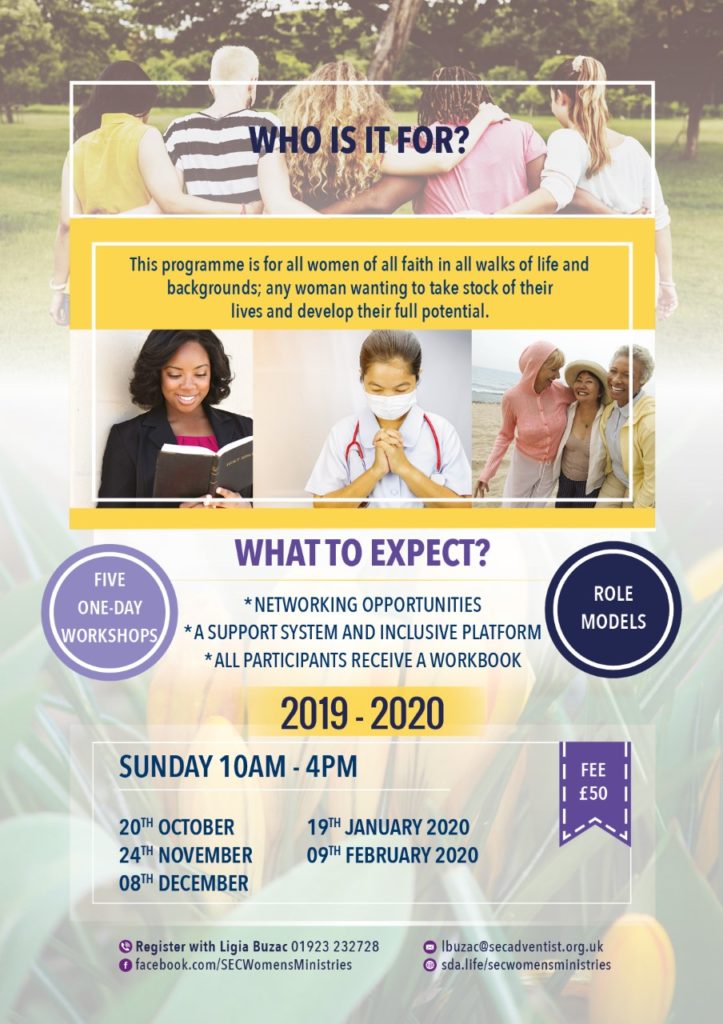It had been a teeth-grinding week, trying to communicate with someone I was losing patience with. By Friday afternoon, I was silently raging at the whole situation, and fuming at God because He wasn’t answering my prayers to “do something about” this person.
Can you relate? Who is getting under your skin at the moment?
There will always be moments when we struggle with “those people”—the people who irritate us, the people we don’t like, the people we wish God would do something about.
Perhaps we could take it a step further, and take an honest, uncomfortable look at our hearts. Who else do we consider as “those people?” Is there any individual, any class, any race, any [fill in the blank for yourself] we actually look down on? Do we hold any prejudice—hidden, perhaps, deep in our subconscious?
Anne Lamott once wrote, “You can safely assume you’ve created God in your own image when it turns out that God hates all the same people you do.”
The people of Jesus’ time struggled with all kinds of prejudice too. For one example, they thought that if anyone was sick or suffering, it was because they were cursed by God and beyond His notice.
But true to his mission, Jesus wanted to correct their faulty view.
 In this week’s chapter of Messiah (Ch 27 – Healing in Capernaum), Jesus takes notice of two outcasts of society. One was slowly rotting away from the most feared disease of the time: leprosy. The other was paralysed as the result of his own bad life choices, as the chapter points out. He was also deeply depressed, convinced that God had turned His back on him and that forgiveness was out of reach.
In this week’s chapter of Messiah (Ch 27 – Healing in Capernaum), Jesus takes notice of two outcasts of society. One was slowly rotting away from the most feared disease of the time: leprosy. The other was paralysed as the result of his own bad life choices, as the chapter points out. He was also deeply depressed, convinced that God had turned His back on him and that forgiveness was out of reach.
But Jesus was about to show these men, and the rest of society, that they were not cursed or hated by God. The truth was that they were deeply loved.
For the leper, Jesus did the unthinkable, the forbidden: He reached out and touched the man. Imagine what this meant, what this felt like, for a man who had been forced to live without human contact for so long, and who had been told he was under God’s curse. Jesus touched him, and he was healed.
For the paralytic, Jesus went straight to the heart of his depression: “Son,” He told him, “your sins are forgiven.” (See Mark 2:5) “God has not forgotten you. You are not irredeemable and worthless. God does not hate you. In spite of everything you have done, God still loves you.” And then Jesus healed the paralysed man as well.
Jesus came to demonstrate what God is really like, and I love this picture of God.
Yet the story challenges me too. It reminds me that God has just as much interest in the outcasts of my society. God cares about the people I might be tempted to think don’t deserve His attention. God intensely loves the individuals I look down on, struggle with, or silently stigmatize as “those people.”
As one anonymous writer puts it, “You will never look into the eyes of someone God does not love.”
Feel free to join in our book club discussion in the comments below!
- How does this story impact how you see a) God, b) yourself, and c) “that person?”
- Consider this quote from the chapter: “Although this leper’s healing was instant, at other times Jesus didn’t answer a person’s request immediately. When we pray and ask God for a blessing, the answer may be for us to wait or God may give us something else than what we ask for. But when we pray and ask to be saved from sin, the answer is always an instant ‘Yes.’” (p 162)
The word the Bible uses for “sin” literally means “to miss the mark.” How are you missing the mark right now? What encouragement does this quote and this story give you?
This chapter is based on Mark 1:40-45 and Mark 2:1-12 in the Bible.
Listen to Lynette share chapters from “Messiah” on The Breakfast Show every Thursday after 8am. Or catch up later via the podcast.
If you’d like to get a copy of “Messiah” by Jerry D Thomas or a free Bible, let us know.






